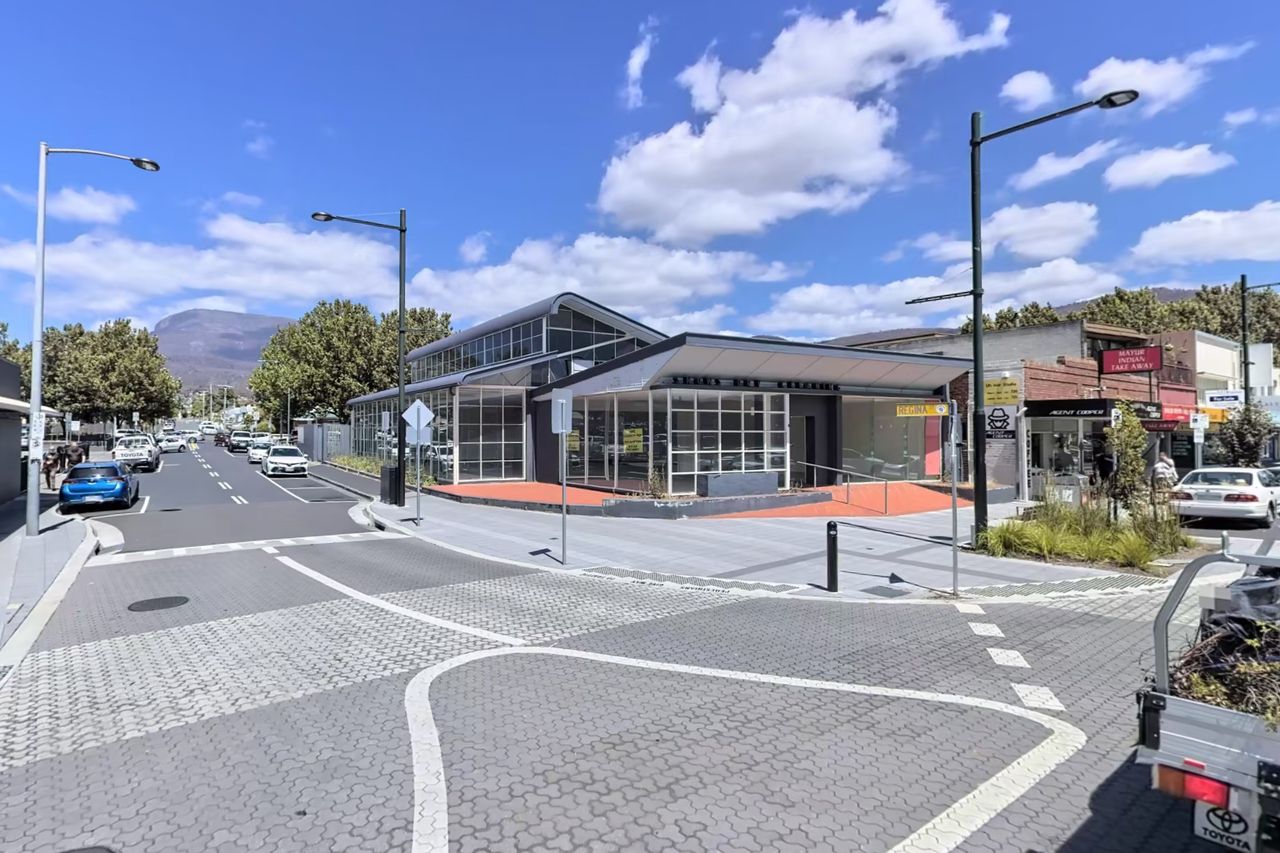The University of Tasmania could cut 13 full-time jobs as part of a shake-up of its humanities and creative arts departments.
The proposed restructure includes merging several schools and trimming back course offerings in response to declining student enrolments.
UTAS has launched a four-week consultation period with staff and students to discuss the changes, which would significantly reshape the way arts disciplines are taught.
Under the plan, the schools of humanities and social sciences would be merged, while the school of creative arts and media would be split into a re-established conservatorium of music and a new school of creative and performing arts.
Media studies would shift to the humanities division, while programs in policing, emergency management and social work would move to UTAS Health, aligning them with paramedicine and psychology.

Professor Lisa Fletcher, interim academic lead for the College of Arts, Law and Education, said the changes were necessary to ensure sustainability.
“Our priority remains delivering compelling and exciting and meaningful courses for our students but we need to do that at a scale that we can afford,” she said.
The proposal outlines a few options for staff to consider around how departments might be reorganised.
Professor Fletcher said staff in the School of Humanities and Social Sciences had been given three models to provide feedback on, which outline how the school could be divided into internal programs.
The shake-up comes as international student revenue remains well below pre-pandemic levels.
The university’s latest annual report shows international student revenue hit $77.6 million in 2023, far short of the $139.6 million recorded in 2019.
National Tertiary Education Union Tasmanian secretary Dr Ruth Barton criticised the proposed cuts, saying staff were “feeling angry”, disappointed and “quite confused” about the university’s direction.
“There’s going to be compulsory redundancies,” she told Local Radio.
“You would expect a university and the staff that are in it to have ideas about how the university should be organised and the direction it should go, yet the university management seems to be experts at ignoring those ideas.”







